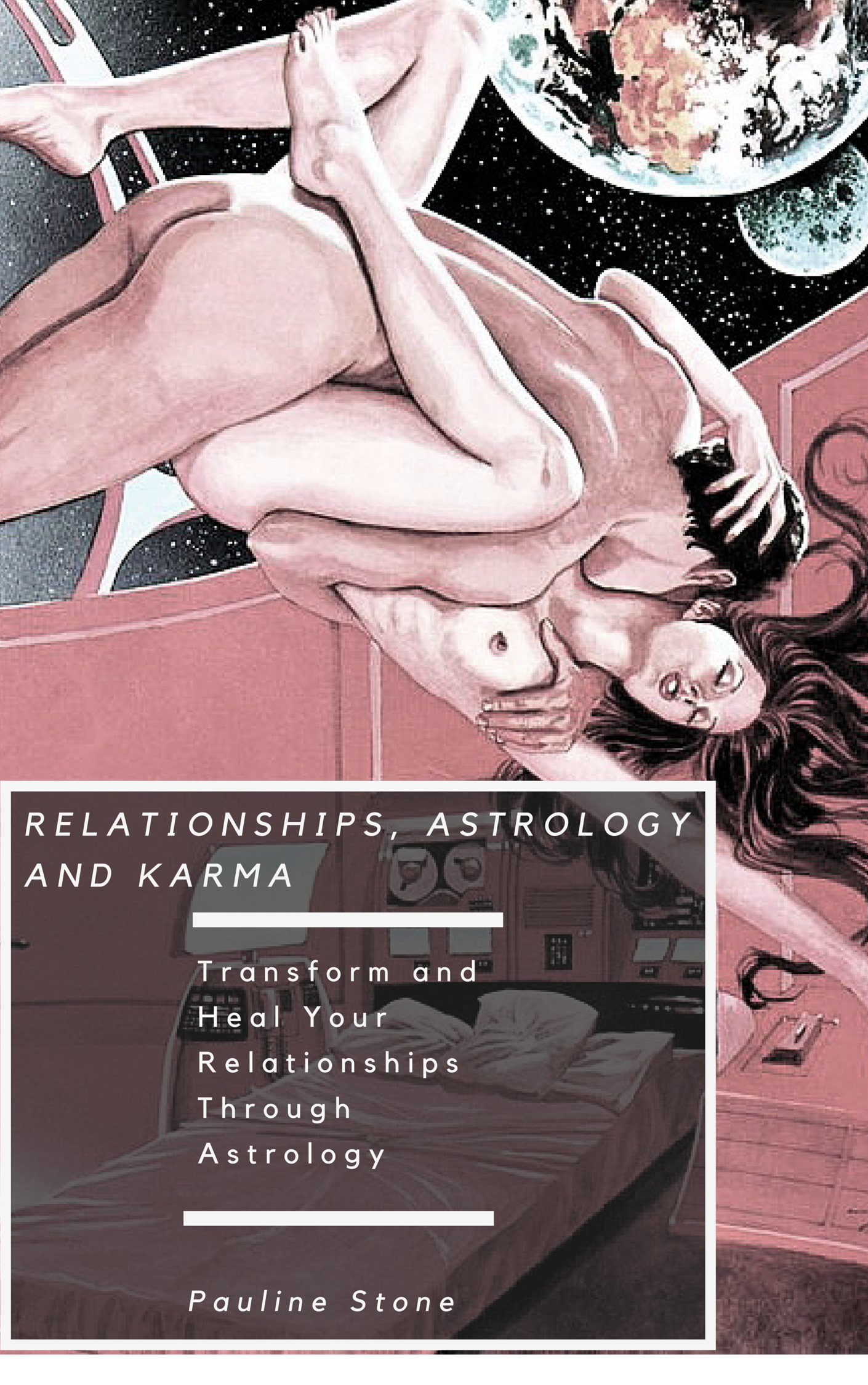 “Saturn: A New Look on an Old Devil” is written by Liz Greene, first published in 1976. This work takes the reader into the enigmatic world of Saturn, offering a new perspective on this celestial body that has long been regarded as a harsh and malevolent influence. Rather than accepting the common perception of this planet as a harbinger of doom and hardship, she encourages us to rethink our judgments and preconceptions. Saturn is often associated with adversity, discipline, and life’s most challenging lessons. When we find ourselves immersed in the crucible of pain, it is as if we are subjected to Saturn’s stern influence, with its weighty responsibilities and demanding trials. However, this apparent harshness serves a greater purpose. The suffering we encounter can ultimately lead to profound insights and personal growth. Just as Saturn is often seen as the taskmaster of the zodiac, pushing us to confront our limitations and weaknesses, the difficulties we face in life can become catalysts for our own enlightenment. It’s through these trials that we are forced to confront our innermost fears, insecurities, and flaws.
“Saturn: A New Look on an Old Devil” is written by Liz Greene, first published in 1976. This work takes the reader into the enigmatic world of Saturn, offering a new perspective on this celestial body that has long been regarded as a harsh and malevolent influence. Rather than accepting the common perception of this planet as a harbinger of doom and hardship, she encourages us to rethink our judgments and preconceptions. Saturn is often associated with adversity, discipline, and life’s most challenging lessons. When we find ourselves immersed in the crucible of pain, it is as if we are subjected to Saturn’s stern influence, with its weighty responsibilities and demanding trials. However, this apparent harshness serves a greater purpose. The suffering we encounter can ultimately lead to profound insights and personal growth. Just as Saturn is often seen as the taskmaster of the zodiac, pushing us to confront our limitations and weaknesses, the difficulties we face in life can become catalysts for our own enlightenment. It’s through these trials that we are forced to confront our innermost fears, insecurities, and flaws.
The author’s characterization of Saturn in the Water Houses as one of the more difficult placements in astrology reflects the impact these positions can have on a person’s emotional landscape. It’s a placement that necessitates deep introspection, emotional self-sufficiency, and a commitment to understanding and managing the complex interplay between emotional and Saturnine energies.
The 4th house pertains to one’s home, family, and roots. When Saturn is placed here, it can bring a heavy sense of responsibility and perhaps emotional burdens within the family structure. There may be a strong need for structure and security in the home environment, but it could also manifest as an emotional distance or a sense of duty towards family matters.
The 8th house is associated with deep transformation, shared resources, and intimate bonds. Saturn’s presence here can intensify the challenges related to trust, vulnerability, and issues of control in intimate relationships. People with this placement may confront their own emotional depths and perhaps even encounter difficult issues related to death, inheritance, or power struggles.
The 12th house deals with the unconscious, spirituality, and hidden elements of the psyche. Saturn’s placement in this house can make it quite challenging to confront and manage subconscious fears, psychological baggage, and unaddressed emotional issues. There’s a tendency for these individuals to internalize their struggles and work tirelessly in the shadows to gain control over their emotions.
What makes these placements particularly demanding is that individuals may not even be fully aware of the emotional challenges they are facing. These difficulties often reside just beneath the surface of conscious awareness, making it hard to pinpoint and address them directly. Saturn’s presence in the Water Houses can create a subtle yet pervasive sense of heaviness and restriction in these emotional areas of life.
 The pain and suffering we experience are not meaningless or random; they are opportunities for learning and self-discovery. Saturn’s influence becomes like a guiding force, pushing us to explore the hidden depths of our own psyche. It’s in these moments of anguish that we are compelled to confront our inner demons and delve into the core of our being. We discover aspects of ourselves that might have remained dormant or unexamined in more comfortable circumstances. After enduring and coming to terms with our own personal struggles, we gain a newfound clarity about our values and priorities in life. It’s the realization that we are all imperfect, and that our flaws and shortcomings are part of what makes us human. By forgiving ourselves for these imperfections, we free ourselves from self-imposed guilt and judgment.
The pain and suffering we experience are not meaningless or random; they are opportunities for learning and self-discovery. Saturn’s influence becomes like a guiding force, pushing us to explore the hidden depths of our own psyche. It’s in these moments of anguish that we are compelled to confront our inner demons and delve into the core of our being. We discover aspects of ourselves that might have remained dormant or unexamined in more comfortable circumstances. After enduring and coming to terms with our own personal struggles, we gain a newfound clarity about our values and priorities in life. It’s the realization that we are all imperfect, and that our flaws and shortcomings are part of what makes us human. By forgiving ourselves for these imperfections, we free ourselves from self-imposed guilt and judgment.
He acknowledged that he was a flawed individual with his own set of weaknesses.
Saturn in astrology is often associated with themes of discipline, responsibility, structure, and limitations. It represents the authoritative figure within us, urging us to mature and grow. In life, we often find ourselves pulled in different directions by the expectations of those around us. This can be our parents, teachers, friends, or society in general. Saturn embodies the external pressures and societal norms that ask us to conform to certain standards. The influence of Saturn asks us to consider how much importance we give to these external expectations and how we balance them with our personal desires.
 Saturn also represents our internal standards and aspirations. It is associated with setting personal goals and achieving them through hard work and perseverance. This aspect of Saturn’s energy encourages us to be self-disciplined and to strive for excellence. However, it can also bring about a sense of self-imposed pressure and high personal standards, contributing to inner conflict. The fear of not meeting societal expectations or falling short of our own aspirations can lead to anxiety and self-doubt. Saturn is like the wise mentor or judge, asking us to weigh our choices carefully. Are we going to choose the path of hard work, discipline, and personal growth (symbolized by gold), or will we take the path of least resistance and conformity (symbolized by lead, which is heavy and dull)?
Saturn also represents our internal standards and aspirations. It is associated with setting personal goals and achieving them through hard work and perseverance. This aspect of Saturn’s energy encourages us to be self-disciplined and to strive for excellence. However, it can also bring about a sense of self-imposed pressure and high personal standards, contributing to inner conflict. The fear of not meeting societal expectations or falling short of our own aspirations can lead to anxiety and self-doubt. Saturn is like the wise mentor or judge, asking us to weigh our choices carefully. Are we going to choose the path of hard work, discipline, and personal growth (symbolized by gold), or will we take the path of least resistance and conformity (symbolized by lead, which is heavy and dull)?
This book, Saturn: A New Look at an Old Devil, offers an explanation of all of Saturn’s natal houses and aspects, in as well as discussing the synastry interactions that may occur between two different charts.












